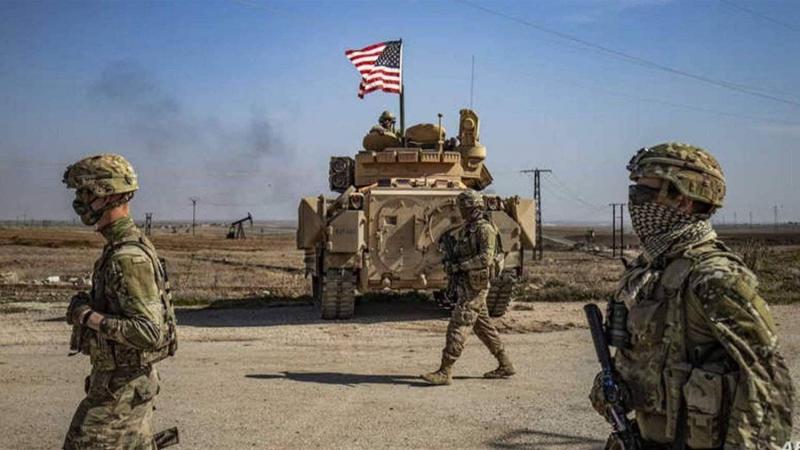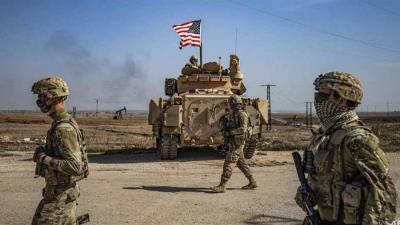In light of the escalating tensions in Iraq due to attacks by armed factions against military bases housing American forces within the international coalition, and the recent American response to these strikes, Iraqi authorities have reiterated their stance concerning the future of this coalition.
The Ministry of Foreign Affairs released a statement late Tuesday, confirming that Foreign Minister Fuad Hussein emphasized in a phone call with U.S. Secretary of State Antony Blinken the necessity of returning to dialogue and negotiations to discuss the future of the U.S.-led international military coalition in the country. Hussein stressed that the government rejects American attacks, asserting that "Iraq should not be a battleground for settling scores between rival nations."
The U.S. military launched airstrikes last Friday in both Iraq and Syria against more than 85 targets of armed factions linked to the Iranian Revolutionary Guard, as described by the U.S., in response to an attack by Jordan that targeted the "Tower 22" base and resulted in the deaths of three American soldiers. This led to the deaths of around 16 members of the Popular Mobilization Forces, which are part of the Iraqi armed forces, creating a new dilemma for a government that has recently been under pressure from various factions and politicians to expel American troops from the country.
There are currently 2,500 American soldiers on Iraqi soil providing advisory and assistance support to local forces to prevent the return of ISIS, which controlled large parts of the country in 2014, as part of the international coalition's mission. The coalition also includes hundreds of soldiers from mostly European countries.
However, the Iraqi government, which has repeatedly asserted that the terrorist organization has been defeated, believes that the coalition's mission has also ended. Discussions between Baghdad and Washington had begun to consider a timeline for the coalition's withdrawal, but the deaths of American soldiers in the drone attack carried out by Iran-backed Iraqi factions on the Jordanian border hindered this process.
Subsequent strikes conducted by U.S. aircraft on various positions of Iraqi armed factions further complicated the situation. Some observers believe that President Joe Biden will not risk withdrawing from Iraq before the next presidential elections, fearing that the repercussions of such a step might affect his chances of returning to the White House.




